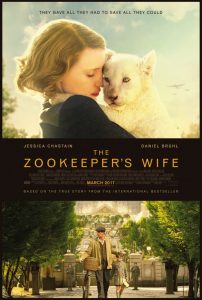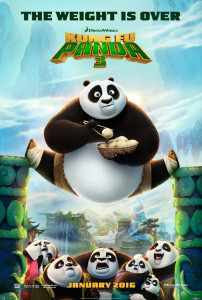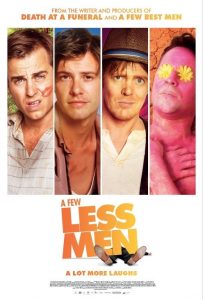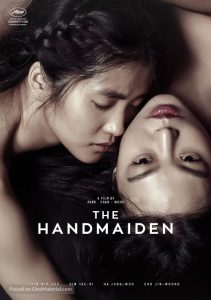As much as it is remembered for its brutality, World War II is also the source of countless acts of heroism large and small, and The Zookeeper’s Wife, based on the book by Diane Ackerman, details one such remarkable feat. Antonina Zabinska (Jessica Chastain) and her husband Jan Zabinski (Johan Heldenbergh) operated the thriving Warsaw Zoo before 1939, but when the Nazi trucks rolled in and started marshalling Jews into the ghetto, no-one really knew what was in store.
Seemingly overnight gone are the crowds that marvelled at the elephants and camels and lion cubs, and here is the Fuhrer’s chief zoologist, Lutz Heck (Daniel Bruhl playing much the same infatuated character he played in Inglourious Basterds), commandeering the zoo grounds for the war effort. While Heck grants assurances that the animals’ welfare is in his best interests, what becomes clear is that his idea of zoology springs from a very different pool of thought that sounds more like genetic engineering.
If Heck was trying to invite them to his cause, he did much the opposite, and what the Zabinskis did next was nothing short of remarkable. They covertly joined the resistance and managed to smuggle over 300 Jews from the ghetto to freedom right up until the German departure in the final days of the war.
Schindler’s List might come to mind as a comparison, and indeed nobody is disputing the size of the deed. It was heroic and duly gets its day in the sun. It is a simply a shame that The Zookeeper’s Wife doesn’t follow through on its uplifting potential. The feats are noble, the performances adequate and the production qualities impressive, so why doesn’t it have the emotional punch that it so dearly strives for?
Preferring to largely understate the horrors of the war, director Niki Caro’s approach is to avoid blasting our sensitivity with gore and executions. The camera instead lingers on the windowless departing trains, a young girl’s tattered dress, a careening spotlight, a layer of grey ash smothering Warsaw, the before and after. It’s effective to a large extent, as it reflects the gaps in knowledge the Zabinskis had, being holed up away from viewing distance of the actual crimes being perpetrated. However, its decision to look elsewhere is also part of its deficiency.
Put simply, The Zookeeper’s Wife becomes easily distracted. The first distraction is Chastain’s accent which seems to constrain her performance in the pursuit of authenticity, but the inconsistencies stem from the screenplay as well. The events depicted took place over a space of about six years, but if not for the stating of the date at various intervals, a new baby bump and one very conspicuous child actor-swap, the passing of time would not be immediately apparent. Angela Workman’s screenplay also hints at plot strands such as a compromising relationship between Zabinska and Heck, but plays it safe and never elicits the fear and tension this deserves. Never mind the perversity of why the Nazis actually needed a chief zoologist in Poland; that is cursorily explored at best but, given the Zabinskis’ love and care for animals, it seems odd this wouldn’t feature more prominently.
Perhaps most notably though, the story hints at the basement living of the refugees under the Zabinskis’ care but rarely lets them get an actual word in about their experiences. And this is a shame because while a lot of care has been taken to get the period details right to ensure we understand the how, what sometimes gets lost is the who.
The Zookeeper’s Wife is in cinemas from 4th May through Roadshow Films.





